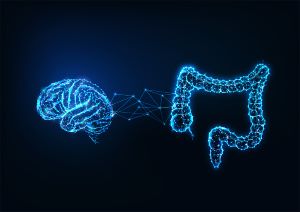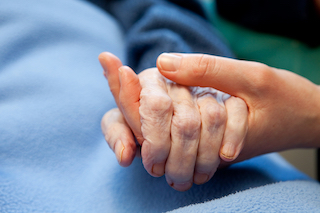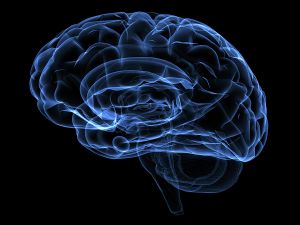May 21, 2024
by Patricia Tomasi

A new study published in the Journal of Psychology and Sexuality looked at polyamorous and ambiamorous adolescents. “This study examines the social and mental health experiences of polyamorous and ambiamorous LGBTQ+ adolescents (ages 12 to 17) compared to their LGBTQ+ peers,” study author Traci K. Gillig told us. “Specifically, the study tests for baseline differences in depressive symptoms and anxiety between these two groups and changes in these outcomes over time.”
[More]
April 30, 2024
by Elizabeth Pratt

The wording of social media posts and messages can be enough to influence how people feel about mental illness and mental health treatment.
Research published in the Journal of Clinical Psychology found that students in college felt more optimistic about the chances of successfully treating mental health issues after they read social media posts that showed a “growth mindset”.
[More]
April 30, 2024
by Patricia Tomasi

A new study published in the Journal of Affective Disorders looked at how brain–gut photobiomodulation restores cognitive alterations in chronically stressed mice through the regulation of Sirt1 and neuroinflammation. “The study deals with how photobiomodulation using multiple modes of emission (Laser diode, IR LED and Red LED) in different tissues at the same time (gut-brain) exerts beneficial effects in a model of depression induced by chronic stress,” study author Albert Giralt Torroella told us.
[More]
April 23, 2024
by Patricia Tomasi

A new study published in Communications Medicine looked at predicting which patients with cancer will see a psychiatrist or counsellor from their initial oncology consultation document using natural language processing. “Our study is about using artificial intelligence to predict which patients with cancer will see a counsellor or psychiatrist,” study author Dr. John-Jose Nunez told us. “We do this by using AI models to read the document an oncologist writes after the first appointment with a patient. The AI is then able to predict which patients will go on to see a psychiatrist or counsellor with accuracy above 70%.”
[More]
April 16, 2024
by Patricia Tomasi

A recent study published in the British Journal of Nutrition looked at the revelations of smartphone survey data concerning the timecourse of changes in mood outcomes following vitamin C or kiwifruit intervention in adults with low vitamin C. “This study analyses secondary outcomes from our main trial (KiwiC for Vitality study) published in 2020,” study author Professor Tamlin Conner of the Department of Psychology at the University of Otago told us. “The secondary outcomes used smartphone surveys of people’s mood every second day throughout the 8-week intervention trial.”
[More]
April 2, 2024
by Patricia Tomasi

A new systemic review and multivariate meta-analysis published in the Journal of Nature Human Behaviour looked at the physical and mental health benefits of touch interventions. “Our study is a meta-analysis, meaning that we collected data from all available studies and merged it together, on the effects of touch interventions on health benefits,” study author Julian Packheiser told us.
[More]
March 31, 2024
by Elizabeth Pratt

Middle aged Americans are experiencing significantly higher levels of loneliness than their European peers.
Research published in American Psychologist found that baby boomers in particular are experiencing high levels of loneliness.
[More]
March 30, 2024
by Elizabeth Pratt

The United States has fallen out of the world’s top 20 happiest countries.
The World Happiness Report revealed the US fell from number 15 to number 23, putting it out of the top 20 for the first time since the report was published in 2012.
[More]
March 26, 2024
by Patricia Tomasi

A new study published in eLife looked at how hippocampal-occipital connectivity reflects autobiographical memory deficits in aphantasia. “Our study is about the relationship between inner images and our ability to recall personal past events (autobiographical memory),” study author Cornelia McCormick told us.
[More]
March 19, 2024
by Patricia Tomasi

A new study published in Cell and Tissue Research looked at the identification of vagal afferent nerve endings in the mouse colon and their spatial relationship with enterochromaffin cells. “The purpose of this study was to identify for the first time, the sensory nerve endings of the vagus nerve in the inner lining (called the mucosa) of the colon,” study author Nick Spencer told us.
[More]